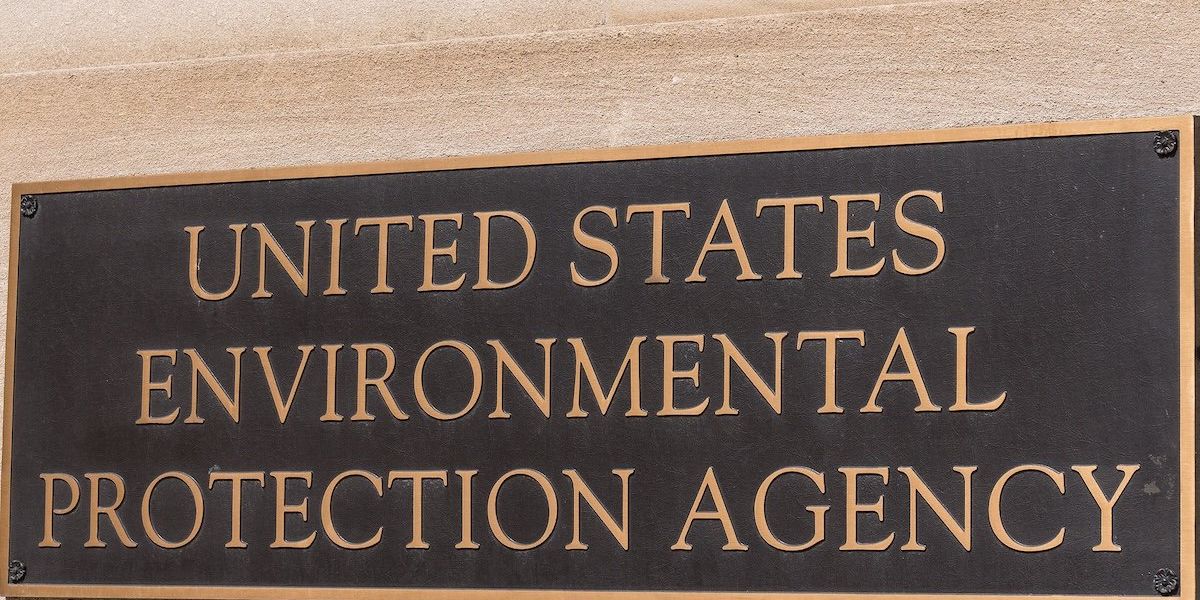action
Harris links climate action to American values as part of presidential push
Vice President Kamala Harris is reframing climate action as a patriotic duty, a strategy researchers say could boost support across political divides.
In short:
- A New York University study suggests that presenting climate action as part of preserving the American way of life can sway opinions across political lines.
- The study, involving nearly 60,000 people, showed patriotic language increased belief in climate change and support for environmental policies among Americans.
- Experts caution that using patriotism in this context could backfire if perceived as insincere or manipulative.
Key quote:
“It’s encouraging to see politicians adopting this type of language.”
— Katherine Mason, psychology researcher, New York University
Why this matters:
Framing climate action as a defense of American values may bridge divides and garner broader support for critical environmental policies. However, the strategy’s effectiveness hinges on authenticity, as it risks alienating some audiences if mishandled.
Related EHN coverage:
Harris endorsed by 350 climate leaders ahead of 2024 election
More than 350 prominent climate advocates have endorsed Vice President Kamala Harris for president, citing her long-standing commitment to climate action.
In short:
- Climate leaders, including John Kerry and Hillary Clinton, endorsed Harris, emphasizing her dedication to climate issues.
- Harris has a history of climate advocacy, including legal action against fracking and promoting net-zero emissions.
- The endorsement aims to energize young voters who view climate change as a critical issue.
Key quote:
"Her candidacy instantly lit an electric spark under young people across the country."
— Jay Inslee, Governor of Washington.
Why this matters:
Harris's commitment to climate change could mobilize a key voter demographic concerned with environmental issues. This support may influence the direction of U.S. climate policy if she is elected.
Additional EHN coverage:
Finding hope in our collective fatigue: A new perspective on climate action
In a fresh take on combating climate change, Ajay Singh Chaudhary suggests our shared sense of exhaustion could be the catalyst for meaningful environmental action.
In short:
- Ajay Singh Chaudhary, in his book The Exhausted of the Earth, connects our personal feelings of exhaustion with the broader state of the world, arguing for a collective response to climate change.
- He critiques both right-wing and left-wing approaches to climate policy, advocating for a "leftwing climate realism" that emphasizes ecological limits and the need for a slower, more sustainable way of life.
- Chaudhary proposes building networks beyond traditional political mechanisms, using our shared emotional experiences as a foundation for collective action and international solidarity.
Key quote:
"Our ecological life is exhausting, our social and economic lives are exhausting, even our individual lives are exhausting."
— Ajay Singh Chaudhary, executive director of the Brooklyn Institute for Social Research
Why this matters:
By recognizing our collective exhaustion as a starting point for action, we can foster a more inclusive and effective environmental movement. This approach connects directly to health outcomes by advocating for a world where people are relieved from the social, economic, and ecological despair that contributes to widespread exhaustion.



















